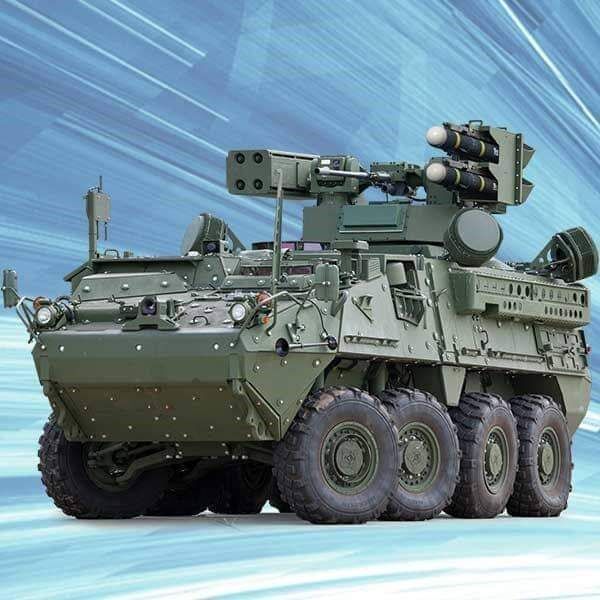Gallia- wrote:compared to land, the sea is a lot less complex, obviously
Operations at sea are inextricably tied to operations ashore. In the missile age, and specifically when multi-domain warfare really took off, all those extra elements like electronic warfare, long-range aviation, cyber warfare, and long-range shore batteries of ASCMs that have blurred the lines between naval and land operations.





